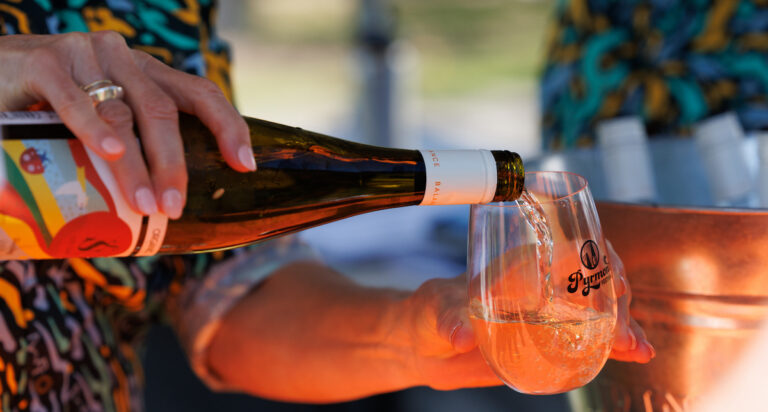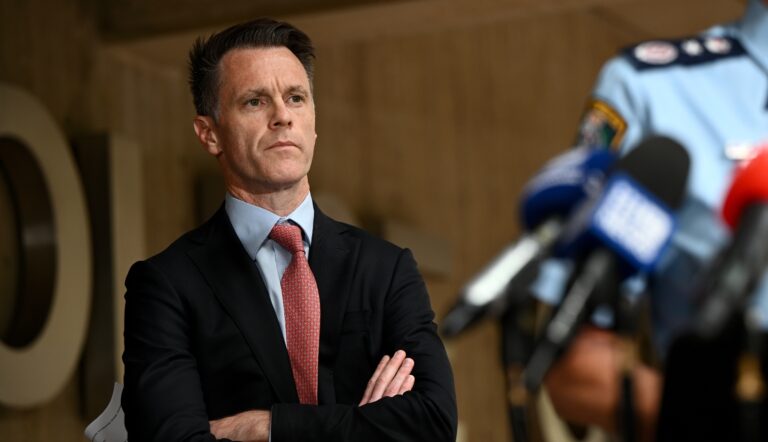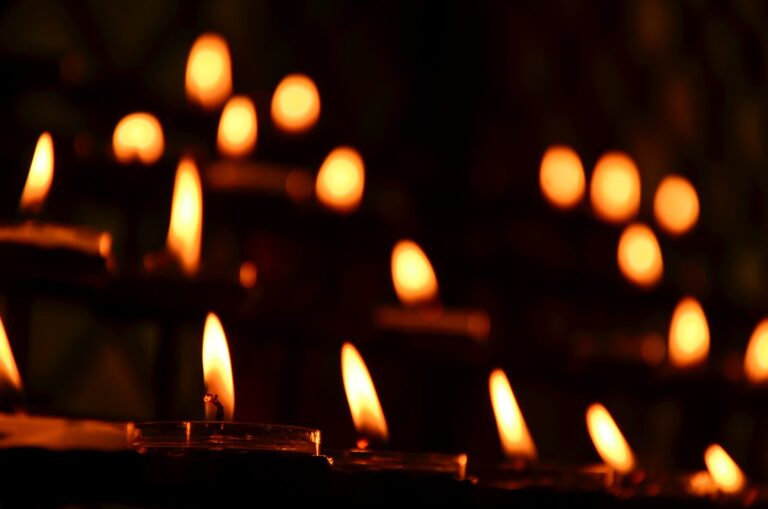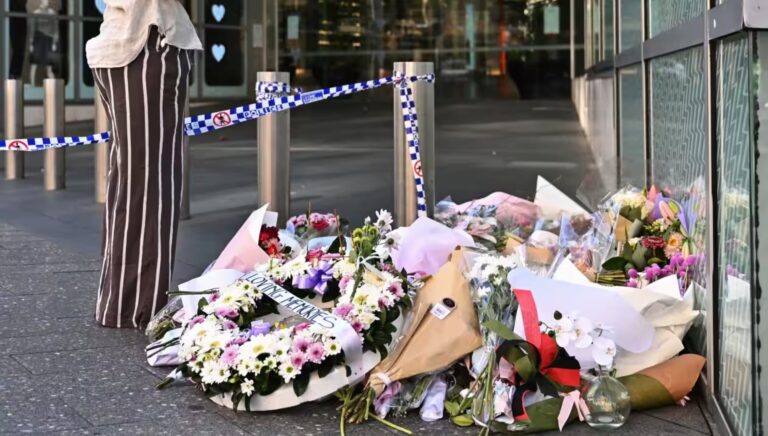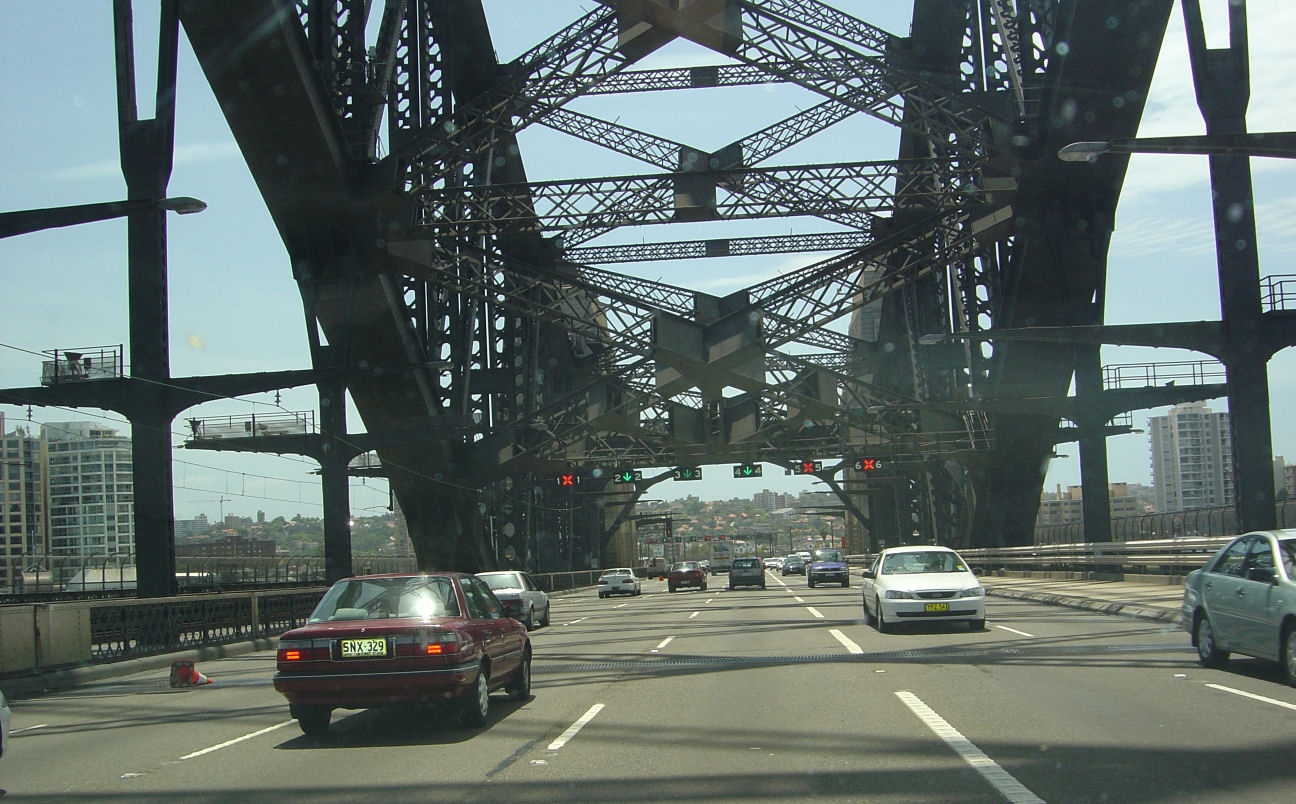
Two Weeks’ Notice: lockouts rushed in

By Michael Koziol and Triana O’Keefe
Grassroots forces mobilising to fight the state government’s liquor laws have been dealt a hammer blow, with Premier Barry O’Farrell yesterday announcing the lockouts will commence on February 24.
It was originally rumoured that venues would be given until April to be prepare for the new regime. But Mr O’Farrell believes two weeks’ notice is sufficient.
“Venues and patrons will now have time to ensure they are fully aware of these changes and are ready when they take effect on 24 February,” he said.
That means Mardi Gras, traditionally an occasion for late partying, will fall on the first weekend under the new laws.
Independent MP for Sydney, Alex Greenwich, said the decision to rush in the lockouts was a “recipe for chaos”.
“Stakeholders need time to plan so they can put in place adequate resources and inform staff, and police need to be prepared,” he said.
Mr Greenwich expressed concern that the lockouts will have a negative impact on the Mardi Gras festival, with visitors provented from accessing venues.
“We can expect long queues on the street with potential for conflict,” he said.ki
Key players in Sydney’s live music industry last week formed an official alliance to “protect” the city’s nightlife.
The Sydney Late Night Culture Alliance suggested alternative measures to combat alcohol-related violence, such as a dramatic overhaul of the after-hours public transport system.
The group’s founding members include MusicNSW, TheMusic.com.au, SLAM, FBi Radio, GoodGod Small Club, Oxford Art Factory, inthemix and The Music Network. The Alliance does not receive financial support from the alcohol or hotel industry.
Its first campaign, 01:31 – Keep Sydney Open, has received significant support from musicians and revellers.
“When you’re dealing with any government it is important to show you have numbers on your side,” said Kirsty Brown, executive officer of MusicNSW.
“Numbers are votes. And the votes of the young people are becoming more and more crucial.”
The Alliance is asking the government to demonstrate why it believes a model based on Newcastle, a regional town of only half a million residents, can work in Sydney. Academic studies on lockouts show mixed results: a University of Queensland paper found the policy had reduced violence on the Gold Coast but not in Brisbane’s Fortitude Valley. In both those cases, the lockout applied at the later time of 3am, and last drinks at 5am.
On its website, the Alliance says Sydney’s late-night economy has been over-regulated for a long time.
“These new laws will turn back the clock on Sydney and its now lively late-night cultural scene,” it argues.
Save Our Nightlife, a collection of DJs, bar staff, party-goers and their supporters, describes the laws as “draconian” and argues they won’t do anything to stop violence except punish regulars.
Spokesperson Cadell DJ-Producer said the government needs to change its priorities.
“The majority of the people in the problem areas at these times are students who mostly cannot afford the cost of catching taxis home,” he said.
“This knee-jerk reaction is punishing the majority for the actions of a tiny percentage of people.”
But within the group, there is an acknowledgment that overturning the laws is a foregone prospect. Asher Robinson, also known as DJ Alloy, posted in the Facebook group this week: “I hate to say this, but should we potentially be focusing our efforts on revoking this [sic] laws at the 2 year review period.”
There will be a statutory review of the laws after two years, although the Greens are pushing for that to be brought forward to six months.
